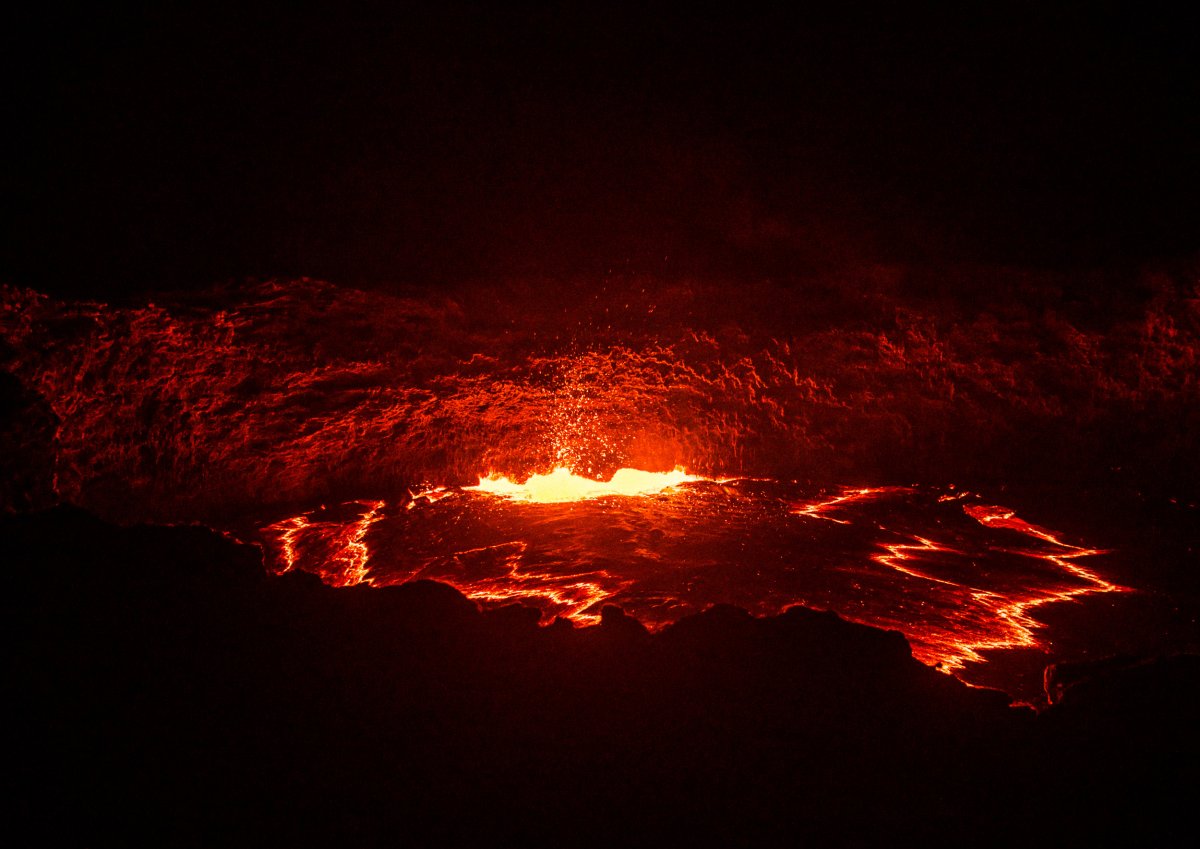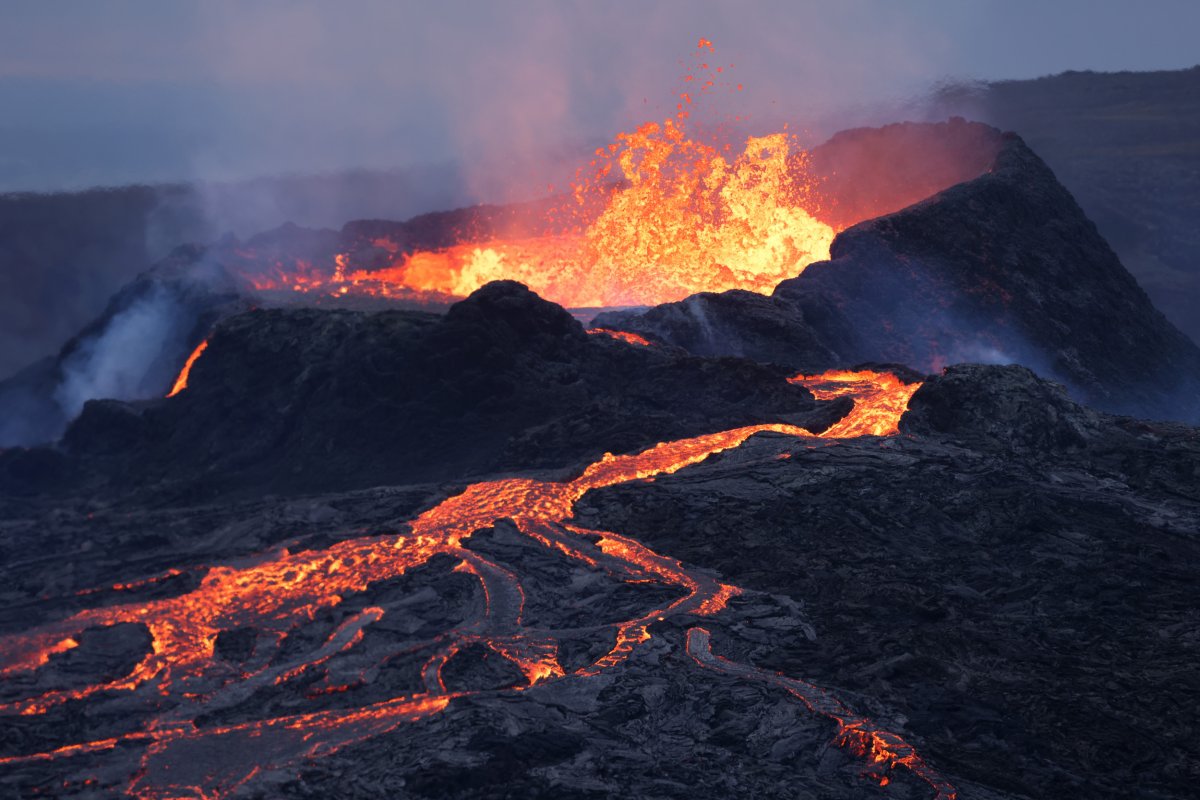A study has unveiled secrets previously locked deep inside the Earth's interior that could have profound implications for the future of the planet we call home.
The research paper, published in Earth and Planetary Science Letters, shows Earth's core is cooling faster than scientists had thought previously.
Scientists examined the conductivity of bridgmanite, previously named as the most abundant material in the Earth, that is found in great quantities between the core and mantle of the Earth's interior—a place known as the Core-Mantle-Boundary (CMB.)
By experimenting on bridgmanite using extreme temperatures and pressures found at the CMB, scientists found that bridgmanite is about 1.5 times more conductive of heat than previously thought.
Consequently, the heat transfer of the high temperatures found at the center of the Earth to its outer areas, like the molten rock of the mantle and beyond, is happening faster than was previously thought.
This has considerable implications for our understanding of what is going on beneath our feet, at the center of the Earth, and what that might imply for us surface-dwellers in the future.
Professor Motohiko Murakami, of Switzerland's ETH Zurich University, told Newsweek: "Since we find the thermal conductivity of bridgmanite become 1.5 times higher than previously thought, the heat transfer from the core would go more efficiently than previously thought, which ultimately leads to the cooling of the core more rapidly than expected."
The heat transfer from the inner Earth to the surface occurs through the convection currents of the molten rock of the mantle that also bring about the plate tectonics of the Earth's crust—the shifting about of plates on top of the mantle that cause earthquakes and volcanic activity on the planet's surface.

The findings of the paper suggest that "more vigorous mantle convection" is also expected, meaning that tectonic activity could also change.
"Through mantle convection, the heat from the deeper part of the Earth can be transferred to the surface, which is the original energy source for the tectonic activity," Murakami said. "Thus, if we assume more vigorous mantle convection, more active tectonics could be imagined."
Among the implications in the paper were potential insights into what lies ahead—far ahead—for the future of geology on Earth.
Often compared to Earth in its long-term trajectory and history, Murakami said that his research showed Mars could provide some insights.
The Red Planet's core has long since become inactive after heat transfer ended, ending with it key processes like the activity of the magnetic field that once made Mars, like Earth, a much more dynamic place than the hostile desert wilderness we perceive today.
Do the scientist's findings suggest that Earth's core could be on course to cool as other planets such as Mars's did faster than expected?
"Yes, I believe so," Murakami said. "However, the thing is how long it would take, which is extremely difficult to predict precisely. How long the Earth would remain dynamically active would be definitely one of the biggest issues that we have to tackle. However, the time scale that would fit to this discussion should be millions or even billions of years."

Uncommon Knowledge
Newsweek is committed to challenging conventional wisdom and finding connections in the search for common ground.
Newsweek is committed to challenging conventional wisdom and finding connections in the search for common ground.
About the writer
To read how Newsweek uses AI as a newsroom tool, Click here.








